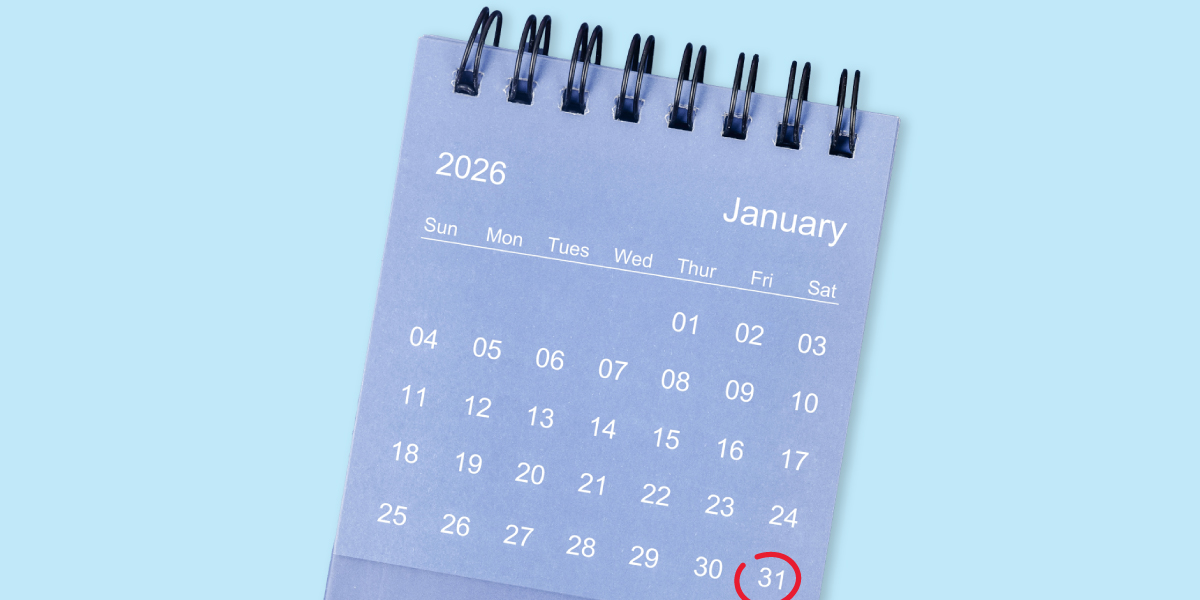
MEMBER EXCLUSIVE
Members can use GoSimpleTax to file to HMRC at a great price and avoid costly accountant fees.
Get startedBy clicking a retailer link you consent to third-party cookies that track your onward journey. This enables W? to receive an affiliate commission if you make a purchase, which supports our mission to be the UK's consumer champion.

Whether it's cash from a side project or profit made selling a second home, any untaxed income from the 2023-24 tax year must be declared using self-assessment. But if this is your first time filing a tax return, you only have two weeks left to register with HMRC.
The deadline for registering for self-assessment is 5 October, and while there is no fine for missing it, you might end up facing a penalty if a delay means you don't file and pay your bill by the final cut-off date of 31 January.
If you've never submitted a self-assessment return before, the process can be daunting. To help, here are our tips first-time filers.

Members can use GoSimpleTax to file to HMRC at a great price and avoid costly accountant fees.
Get startedBefore you get started, you'll need to set up a government gateway account if you don't already have one. Once that's sorted, the process of registering for self-assessment is relatively straightforward. HMRC's online guide takes you through it step-by-step.
The sooner you get started the better. After registering, you will need to wait for your 10-digit Unique Taxpayer Reference (UTR) number to arrive. That can take up to 10 working days if you're in the UK or 21 days if you're abroad. Without this number you won't be able to set up your online tax account.
Once that's sorted, the next hurdle is to request an activation code for your account. That can take another 10 days to come through. If you're planning to file a paper return, the deadline is 31 October, so you could easily miss that cut-off date.
If that happens, you'll still have until 31 January to file your return online, but this is the final deadline for both submitting the form and paying the bill. If you miss it, you could face a hefty fine, plus interest on top of whatever is owed.
With so many dates to think about, it's worth marking the main tax return deadlines in your calendar so you don't forget.
Before you make a start on your return, gather all the information you need to fill in the form. While you can go back and make corrections if you realise you've made a mistake, it's better to get it right first time.
Go through your bank statements and make a list of the different places your money has come from. You'll then have a better idea of which income you need to declare on your return and which taxes may be payable.
As well as your National Insurance and UTR numbers, other important documents you'll need include a P60 form (if you’re employed), along with any relevant receipts and invoices. These might include tenancy agreements, student loan statements and details of any benefits you’ve received.
Once you're done with your tax return, don't throw away your receipts, bills or other paperwork; you're required to keep records for a minimum of six years. It may be worth keeping them for as long as 20 years, as this is the limit for HMRC to launch an investigation if it suspects fraud.
You can reduce your tax bill by taking advantage of tax reliefs and allowances. The following are the main allowances and reliefs you may be eligible for:
If you're finding any part of the process difficult, don't be afraid to ask for help. To ask a question about self-assessment, you can call HMRC on 0300 200 3310.
People that think they might struggle to pay their bill can apply for a Time to Pay arrangement. This will break up the tax bill into smaller instalments spread over the following months. Keep in mind that you will still incur interest on any tax you haven't paid after the 31 January deadline.
To set up one of these arrangements, you'll need to be within 60 days after the payment deadline, owe less than £30,000 and have no pre-existing payment plans or debts with HMRC. You can set up a payment plan online or call the Payment Support Service on 0300 200 3835.

Make every penny count with expert, impartial advice for just £49 a year – plus, get a £10 M&S voucher.
Join Which? MoneyJoin by midnight on 15 February 2026 and receive a £10 M&S gift card.